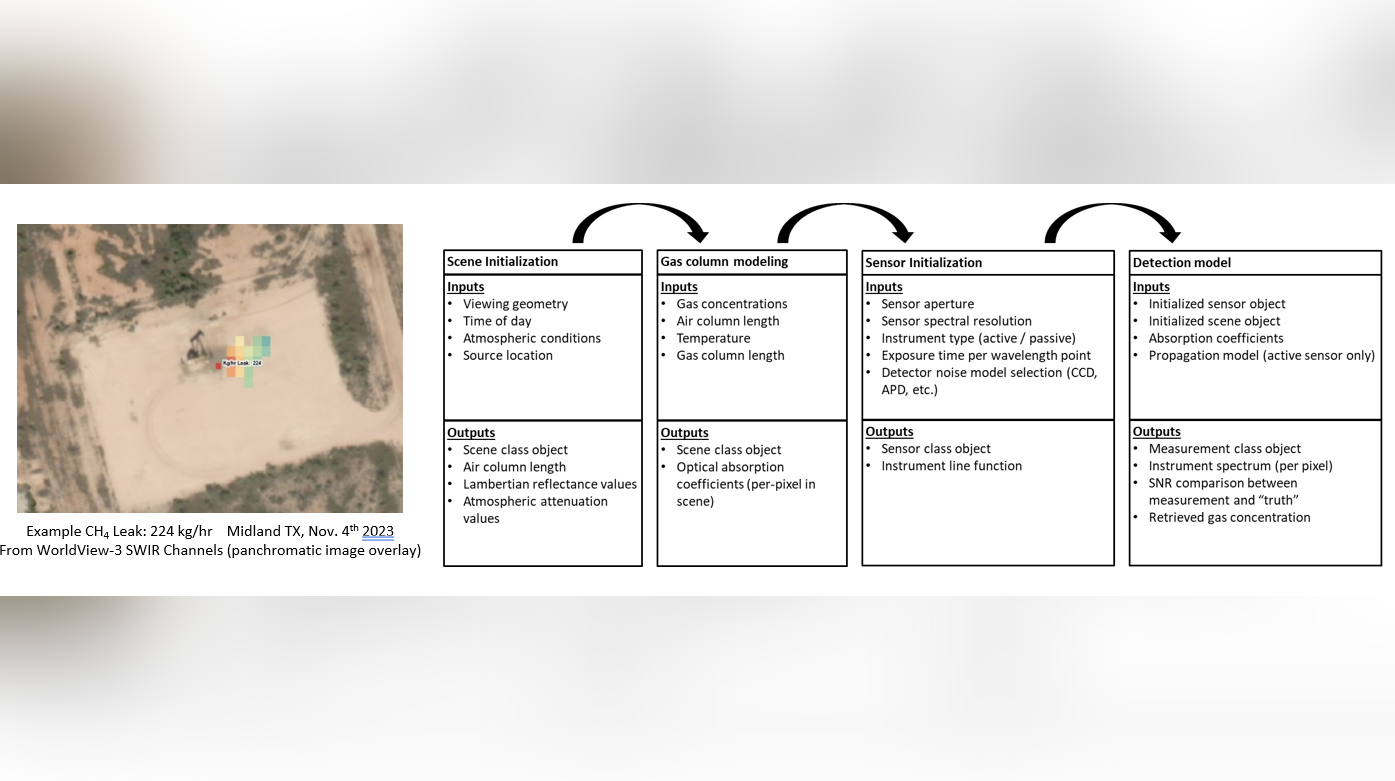Methane is the second most impactive greenhouse gas in the atmosphere accounting for approximately one third of the global temperature rise in the last decade. Moreover reducing methane emissions can have a meaningful impact especially in the short term, notably decreasing the overall rate of global temperature rise and giving humanity more time to adapt to the changing climate. The oil and gas industry accounts for approximately one-third of the current total yearly anthropogenic methane emissions and provides some of the best opportunities for economically feasible reductions [1]. Spurred on by numerous public announcements of methane super-emitters, the US, Canada, and Europe have enacted new regulations and fines for excess emissions. In particular, these regulations focus on individual emitters producing emissions greater than 100 kg/hr, which is the typical best case detection limit for methane leaks from satellites. The oil and gas industry has always been cognizant that methane leaks, while sometimes necessary for processing reasons, are to be avoided as much as possible because they are essentially wasting valuable product. Thus, most large reputable oil and gas companies have stringent leak detection and repair (LDAR) programs in place. To address LDAR programs and to maximize the potential for methane emissions reduction beyond the regulations, we propose to undertake a system study to define an improved satellite-based sensor for methane leak detection with a 90% POD target of 10 kg/hr for land-based facilities and 100 kg/hr for ocean-based facilities. There are well documented tradeoffs for improved methane detection, for example a comparison of higher spectral resolution instruments focusing on the 1.6 µm CH4 band vs more generic SWIR hyperspectral instruments with 5-10 nm spectral resolution [2], but to our knowledge this parameter space has yet to be fully explored. There is significant potential for improved detection limits.

